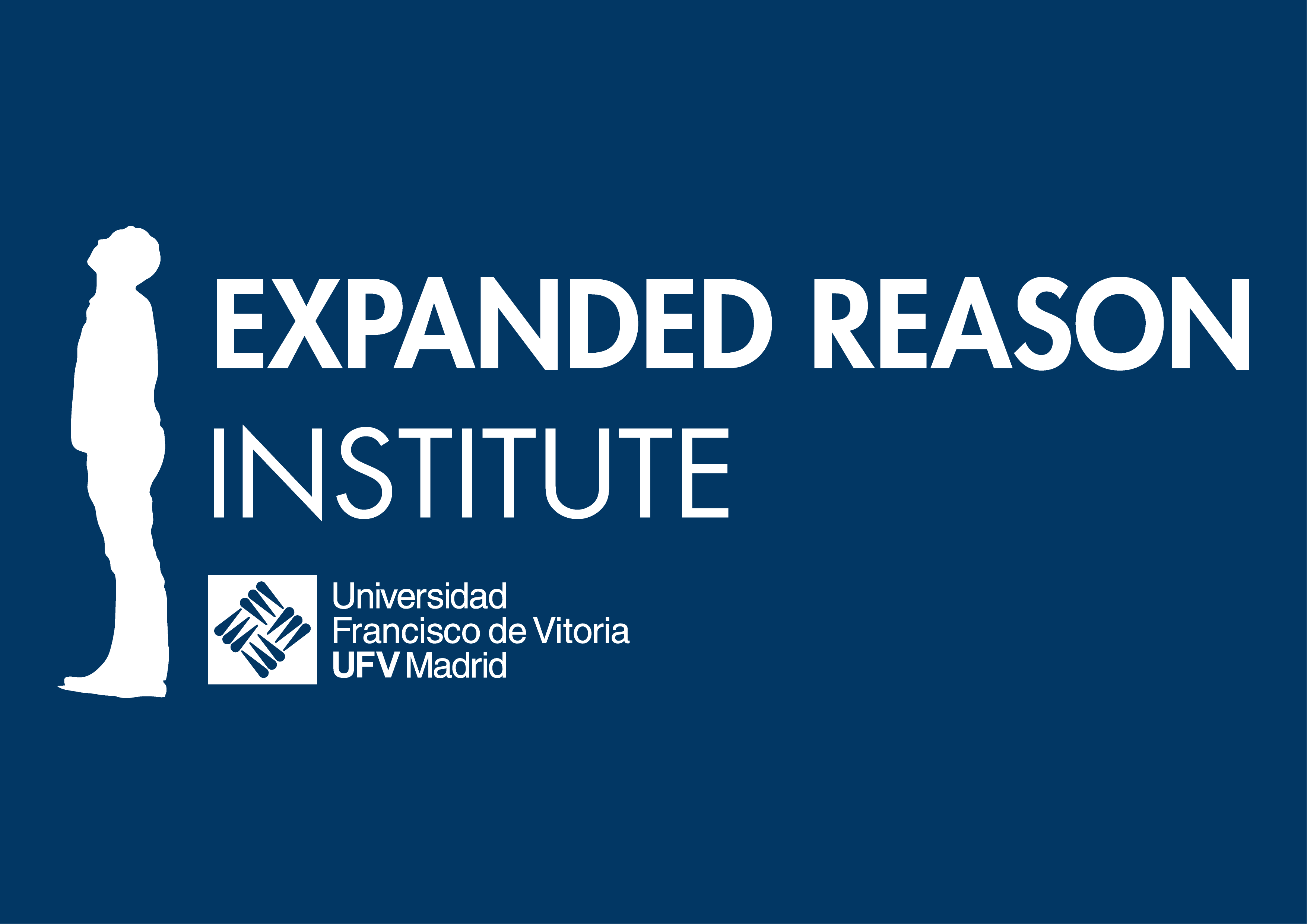The concept of Expanded Reason
The concept of Expanded Reason
In the context of a positivist and relativist culture, Joseph Ratzinger and later Benedict XVI, point out the deep division of knowledge and the excessive specialization in the university field that leave out an overall vision that gives meaning to each specific science. Relativism, scientism and pragmatism leave no room for an integrative knowledge that encompasses the objects of study in an orderly manner, preventing a priori the search for truth.
The Pope emeritus showed a constant concern for the positivist conception that categorically denies a global vision of man and the recognition of his dignity. A vision that denies a scientific status to Philosophy and Theology, separating them completely from the world of science, which is reduced to mathematics and experimental verification.
As a result, Ratzinger returns to the need to have a broad and open vision of reason and its exercise in the search for truth and the answer to the fundamental questions about man and his destiny.
The use of reason, the so-called “expanded reason” and the search for truth in Ratzinger are found, not so much in the academic articles that the emeritus pontiff has dedicated to the question, but in its effective use, that is, in how he himself has used reason to grasp reality; it is therefore a question of seeing how reason can be used and seen in action. In other words, of a use of reason that is challenged by reality, that leads him to be amazed and to know with truth.
The concept of reason has to be broadened to be able to embrace and explore those aspects of reality that go beyond the purely empirical and to achieve a harmonious synthesis of knowledge that integrates Theology and Philosophy in order to understand reality while respecting its metaphysical dimension. The fundamental questions of man, how to live and how to die, cannot be excluded from the scope of rationality.
The Expanded Reason is, therefore, that which is open to knowing with truth what surrounds it, escaping from the ideological and subjectivist restrictions which often permeate the sphere of knowledge.


